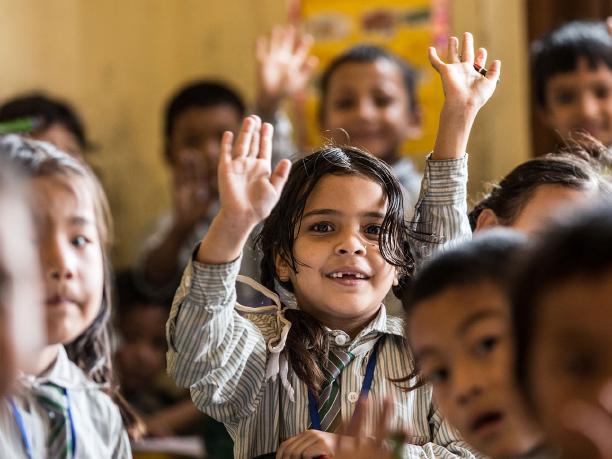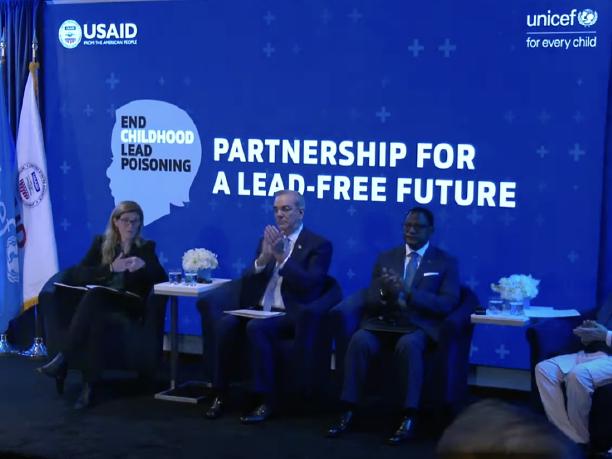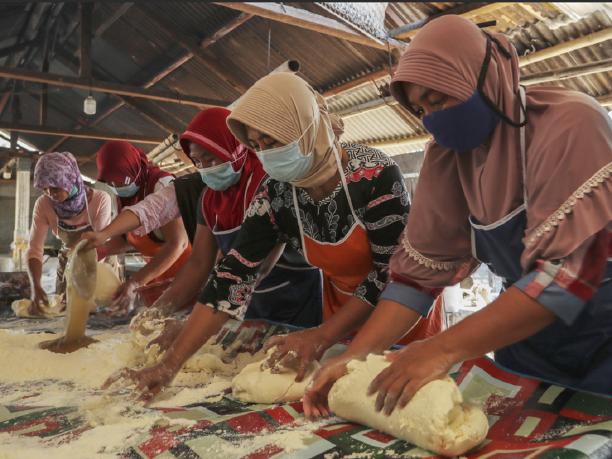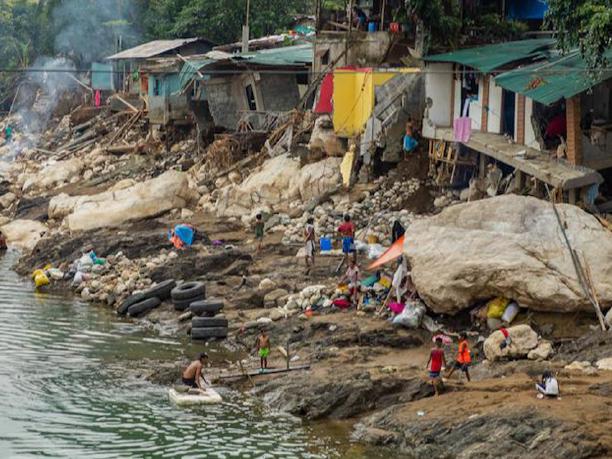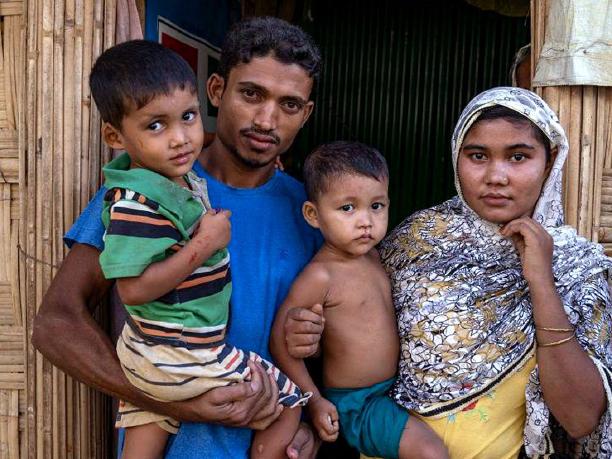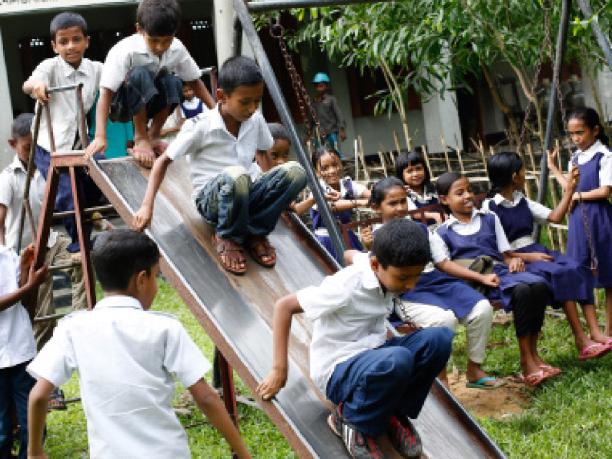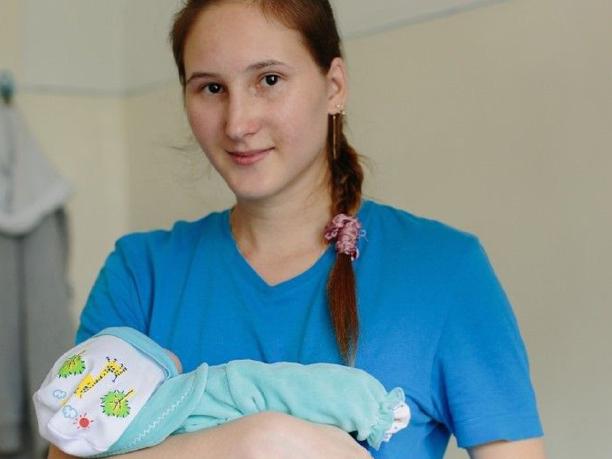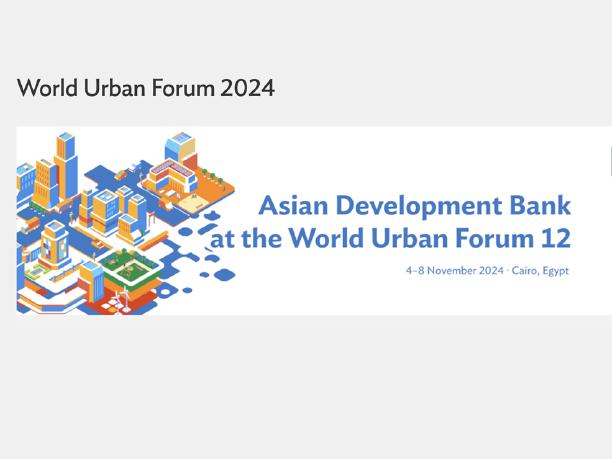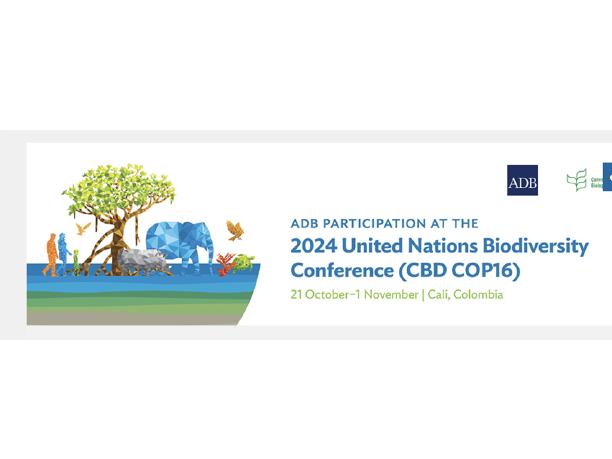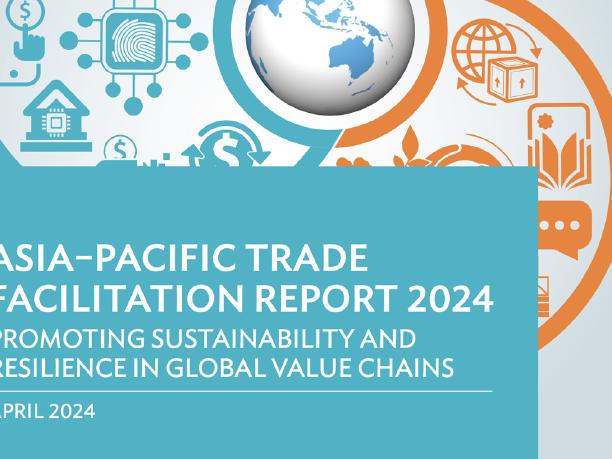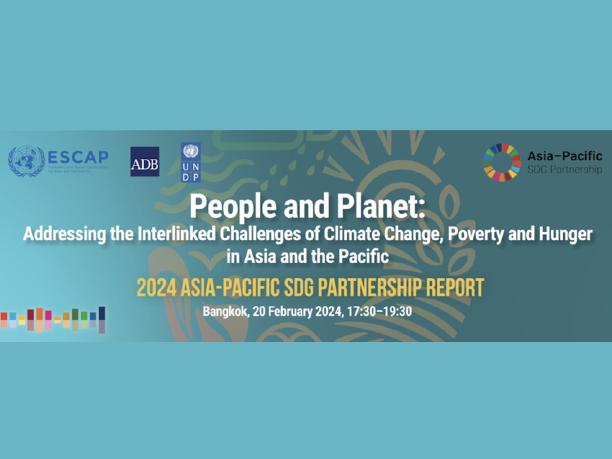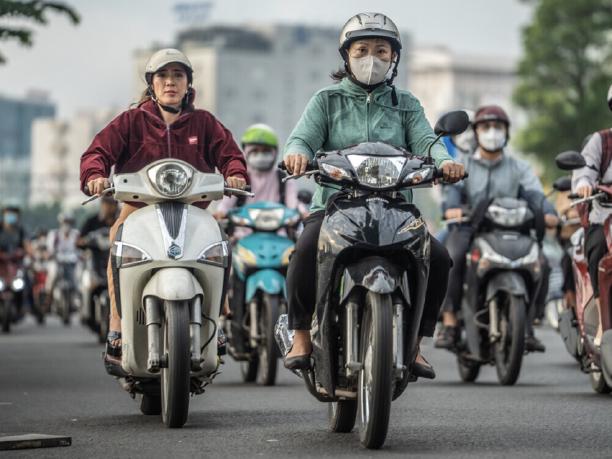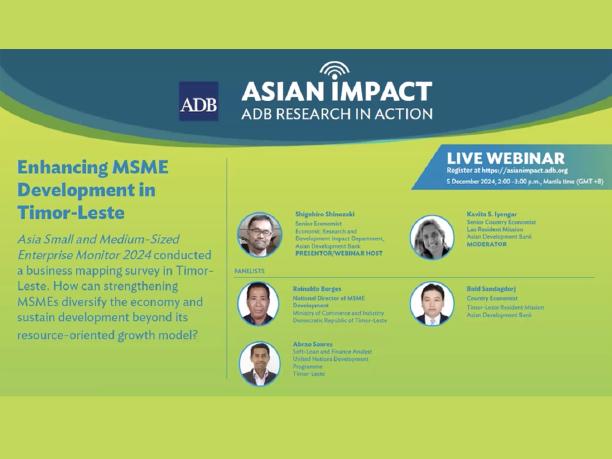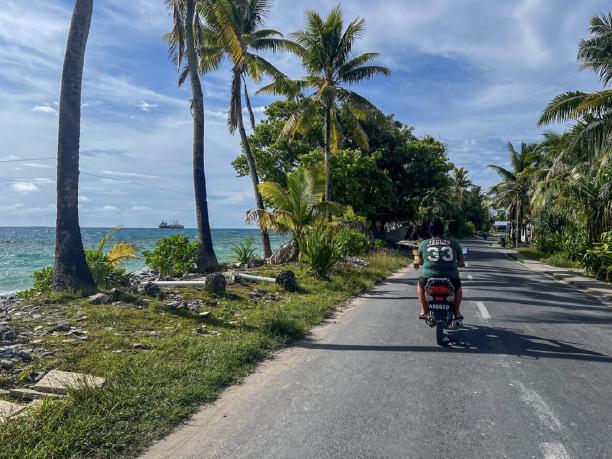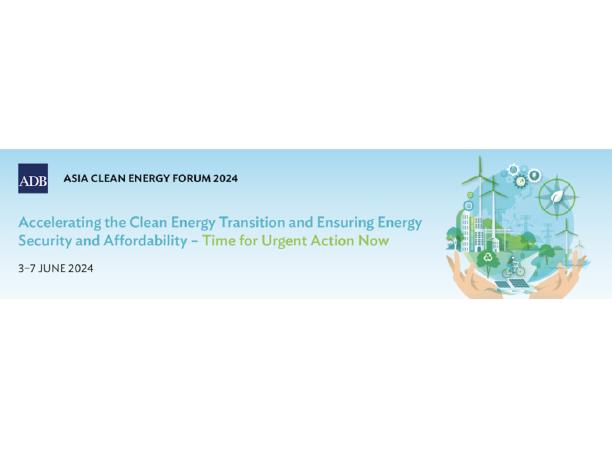The United Nations (UN) is an international organization founded in 1945, comprising 193 member states. It is committed to maintaining international peace and security, developing friendly relations among nations, promoting social progress, better living standards, and human rights.
ADB has collaborated with UN agencies, funds, and other entities since 1970. ADB has standing memorandums of understanding (MOUs) with several UN entities, which include:
International Fund for Agricultural Development (IFAD): ADB and IFAD signed a Cooperation Agreement in 1978 and an MOU in 2013. Both parties agreed to combine efforts to assist their respective regional members in development activities. They also signed a framework cofinancing agreement in 2014 to strengthen collaboration toward increased agricultural development and food security in select countries in the Asia and Pacific region by (i) scaling up pilots, (ii) collaborating on research and knowledge sharing, (iii) cofinancing identified projects, and (iv) streamlining regional and country operations, among other areas. IFAD is a specialized agency of the UN devoted to agriculture and rural development.
UN Children’s Fund (UNICEF): ADB and UNICEF signed an MOU in December 2024 to promote children’s health and well-being in the Asia and Pacific region, collaborating in areas such as (i) health; (ii) water, sanitation, and hygiene; (iii) nutrition; (iv) early childhood development; (v) inclusive education, in particular, foundational learning; (vi) inclusive and shock responsive social protection; (vii) child protection; (viii) climate change, disaster risk management, and resilience; (ix) air pollution and other environmental health issues; (x) public finance, innovative finance, public and private partnerships; (xi) gender equality; (xii) disability inclusion; (xiii) digital transformation; and (xiv) urban development, local government, cities, and family friendly policies and care systems. UNICEF works to save children’s lives, defend their rights, and help them fulfill their potential from early childhood through adolescence.
UN Development Programme (UNDP): ADB and UNDP signed an MOU in April 2019 to advance efforts to support progress toward the Sustainable Development Goals in Asia and the Pacific. It covers joint knowledge creation, exchange and dialogue, direct technical assistance, and project development and implementation. UNDP is the UN’s development agency that helps eradicate poverty, reduce inequalities, and build resilience so countries can sustain progress.
Economic and Social Commission for Asia and the Pacific (ESCAP): ADB and ESCAP signed an MOU in April 2015, which was extended in March 2021 to last until December 2025. Through the MOU, both organizations aim to achieve internationally agreed development goals, including the 2000 Agenda for Sustainable Development, and to support poverty reduction and sustainable development through improved coordination and connectivity at the regional and subregional levels. ESCAP promotes cooperation among its members toward solving sustainable development challenges. Additionally, ADB, with ESCAP and UNDP, has a partnership to deliver knowledge products and facilitate dialogue, and provides data on SDG progress and implementation.
UN Entity for Gender Equality and the Empowerment of Women (UN Women): ADB and UN Women signed an MOU in 2022 to (i) strengthen gender data and statistics to track and monitor the Sustainable Development Goals (SDGs), including SDG5; (ii) promote gender-responsive governance tools to enhance accountability and resources on gender equality; (iii) support women’s entrepreneurship and gender-responsive value chains; (iv) tackle gender-based violence; and (v) advance knowledge, evidence, and tools on gender and climate change. UN Women delivers programs, policies, and standards that uphold women’s human rights and ensure every woman and girl can reach their full potential.
World Health Organization (WHO): ADB and WHO signed an MOU in 2018 to explore effective collaboration to (i) support Universal Health Coverage, (ii) strengthen health security, (iii) improve urban health, (iv) support responsive older care interventions, and (v) address the health impacts of climate change. WHO’s objective is to help everyone attain the highest possible level of health. It directs and coordinates authority on international health within the UN system.
Other UN entities that work with ADB include:
• Food and Agriculture Organization of the UN
• International Labour Organization
• Joint UN Programme on HIV/AIDS
• UN Educational, Scientific and Cultural Organization
• UN Environment Programme
• UN High Commissioner for Refugees
• World Food Programme
